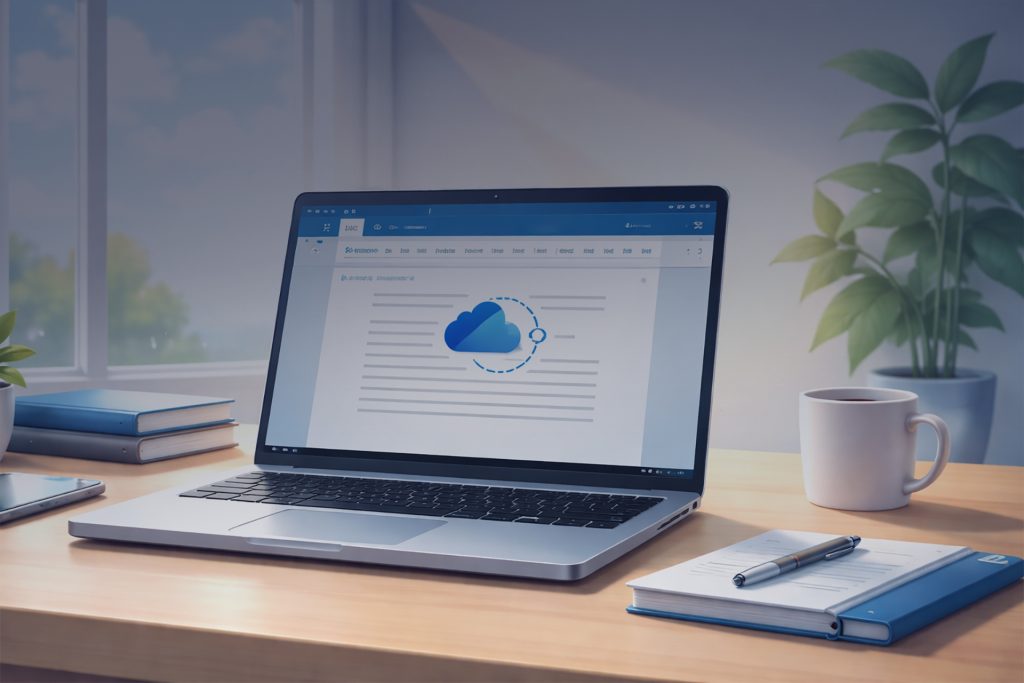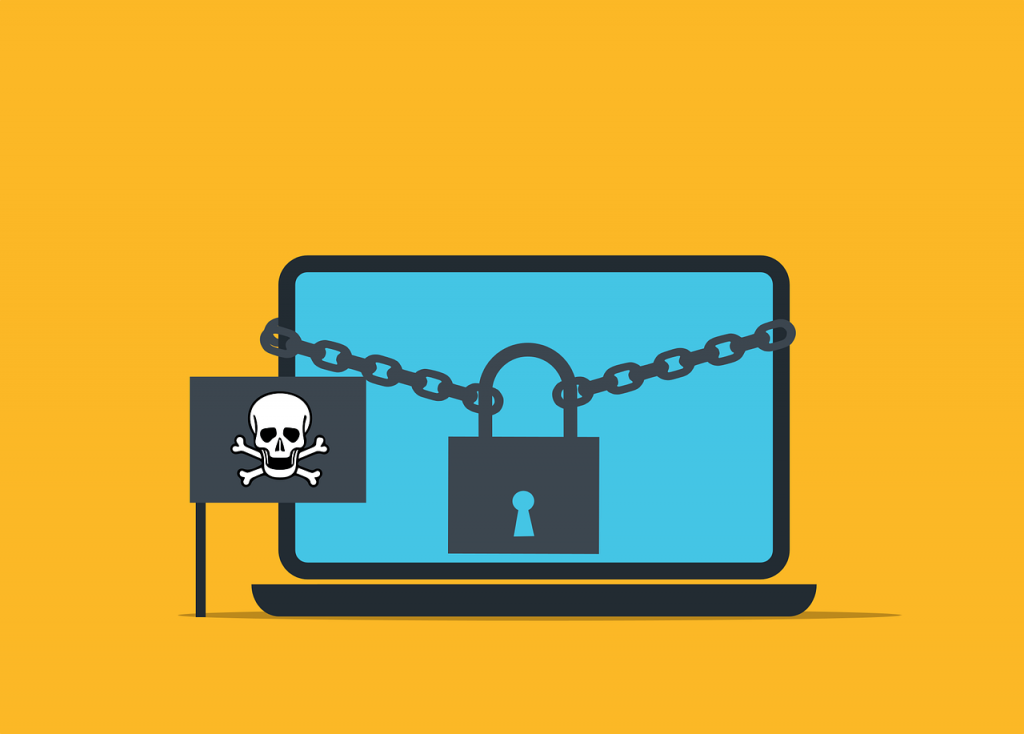Imagine watching a crime drama where the villain is called four different names depending on who’s telling the story. It would be almost impossible to follow what’s happening.
That’s the reality in cyber security today. The same hacking group might be identified by completely different names depending on whether it’s Microsoft, Google, CrowdStrike, or another security company reporting on them.
This creates confusion for businesses and security professionals alike. Worse still, it can slow down the response to an active cyber attack – time that businesses simply cannot afford to lose.

A Unified Approach to Cyber Threats
To tackle this issue, Microsoft and CrowdStrike have announced plans to introduce a unified naming system for hacking groups.
Instead of each company using its own terminology, the system will provide one consistent label that everyone recognises. It’s not just about tidying up the language; it’s about improving communication, enabling quicker responses, and giving businesses clearer visibility into the threats they face.
Why the Current System Doesn’t Work
Take an example. A hacking group targeting UK businesses might be known as “Salt Typhoon” by Microsoft. Another cyber security firm could call them “GhostEmperor” or “OPERATOR PANDA”. Unless you’re aware that all of these names point to the same group, the bigger picture gets lost.
This lack of clarity makes it harder to spot patterns, understand the scale of the threat, and respond effectively.
Microsoft’s Weather-Themed Naming Convention
The new system proposed by Microsoft will categorise hacking groups by their origin and type, using weather-inspired naming themes.
- Chinese state-backed groups → “Typhoon”
- Russian groups → “Blizzard”
- Other attackers such as ransomware gangs or spyware developers → “Tempest”, “Storm”, or “Tsunami”
This approach makes it easier to instantly understand who’s behind an attack and what their motivations might be.
What This Means for Businesses
You don’t need to be a cyber security expert to see the value. A clear, universal naming system means:
- Better threat intelligence – patterns and attack methods become easier to track.
- Fewer missed warnings – businesses won’t overlook a danger because it’s been described differently.
- Faster responses – IT teams and cyber security providers can act quickly with confidence.
For small and medium-sized businesses, this is particularly important. Unified language across the security industry helps level the playing field, making expert threat detection and response more accessible to everyone.
Collaboration That Strengthens Cyber Defences
Behind-the-scenes changes like this don’t always grab headlines, but they can have a significant impact. With Microsoft, CrowdStrike, Google, and others working together, the cyber security landscape becomes less fragmented and far more effective.
When the biggest players agree to speak the same language, businesses of every size benefit.
Stay Protected Against Evolving Threats
Cyber threats aren’t going away, but the way the industry responds is evolving. A universal naming system for hackers is a step towards reducing chaos, improving clarity, and helping organisations like yours stay one step ahead.
If you want to ensure your business is better protected against cyber attacks, get in touch with our team today.

